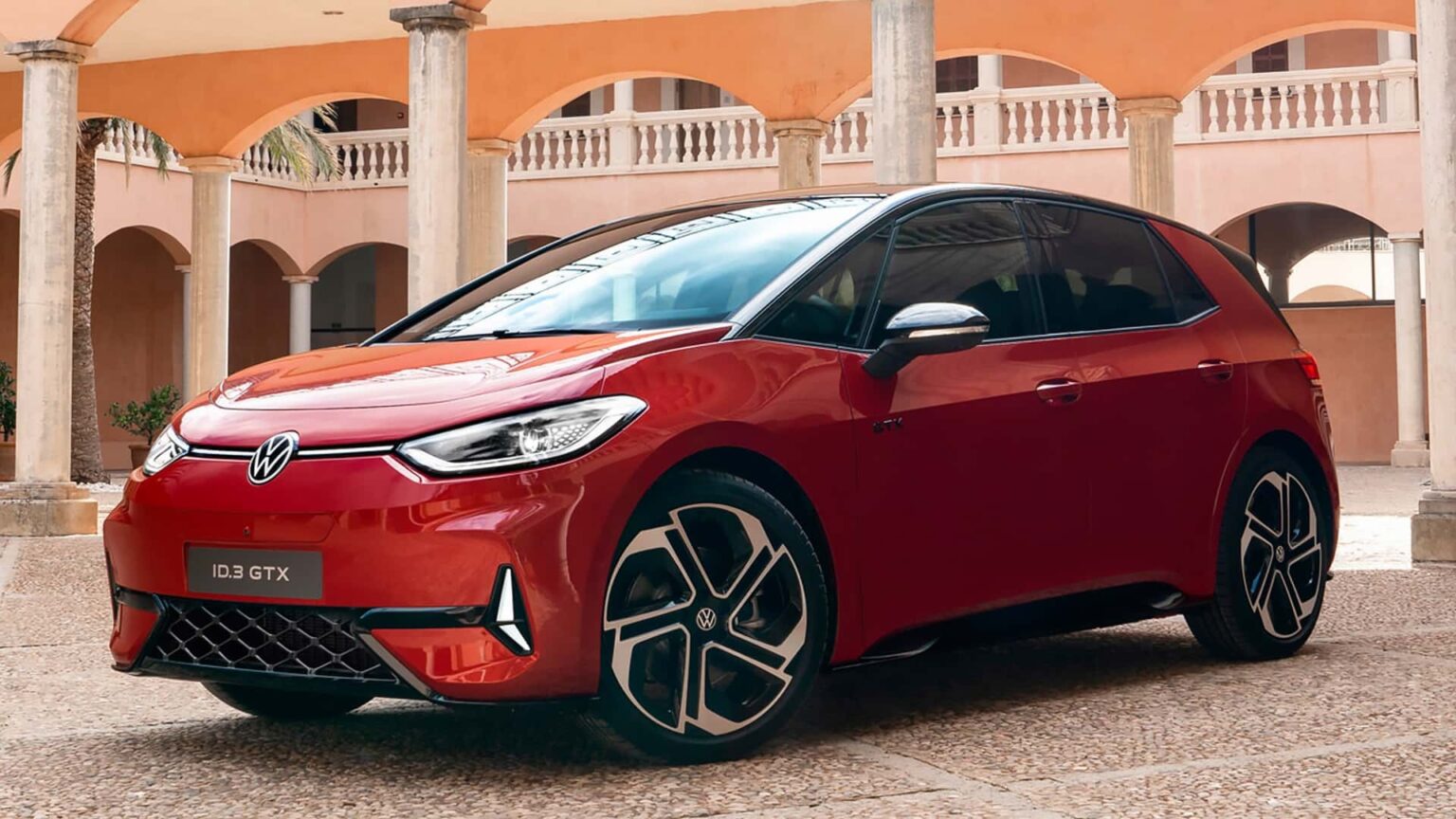The European Union still wants to ban sales of new cars with combustion engines starting in 2035. Don’t worry–you’ll still be allowed to drive your gas car a decade from now, and new numbers suggest it will take a long time, probably decades, before everyone will switch to EVs. Many doubt that’s going to happen. There were nearly 249 million cars on the road in the EU in 2023, but purely electric vehicles represented just 1.8% of the total.
Recently published numbers by the European Automobile Manufacturers’ Association show that EVs have a mountain to climb to catch ICEs. Despite years of government-backed incentives, tax reductions, and other benefits, purely electric cars are only a fraction of the total number of cars registered in Europe. Factoring in plug-in hybrids, vehicles with a charging port still made up just 3.9% of the total car fleet in the EU in 2023, according to ACEA.
With new car prices continuing to climb at alarming rates, it is no surprise that Europeans are sticking with their older vehicles for longer. The average age of a car currently on the road in the EU is 12.5 years, with people from Greece having the oldest car fleet, at 17.5 years. At the other end of the rankings, Luxembourg has the youngest car fleet, at only 8 years.
ACEA estimates that there were 248,824,542 cars in the EU in 2023, up 1.4% from the previous year. Considering countries part of the European Free Trade Association (Iceland, Norway, Switzerland) and the UK, there were 294,480,894 vehicles on European roads in 2023, an increase of 1.4% from 2022.
Italians like owning cars the most, with 694 vehicles per 1,000 people, while Latvia has the lowest car density, 381 per 1,000 people. The average European travels about 7,671 miles (12,346 kilometers) annually.
Fast forward to 2024, the market share of purely electric cars in the EU was 13.6%, down 1% from the previous year. Plug-in hybrids also fell, from 7.7% to 7.1%. In the wider EU+EFTA+UK region, EVs suffered a minor decline, from 15.7% to 15.4%, while PHEVs fell from 7.7% to 7.3%.
Automakers are already struggling to meet increasingly stringent emissions regulations long before the 0 g/km target set for 2035. Car companies risk paying huge fines if they exceed the fleet targets that came into effect this year. VW recently expressed its concern about potentially having to fork out as much as €1.5 billion for exceeding the limits in 2025.
Source:
European Automobile Manufacturers’ Association (ACEA)
Read the full article here


